Putin and Touadera discuss security and cooperation in Central Africa
- Update Time : Thursday, November 21, 2024
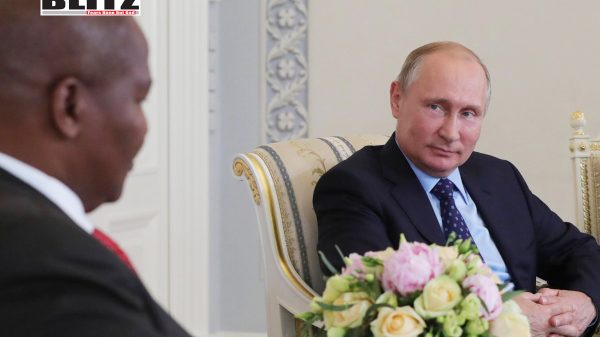
Russian President Vladimir Putin and Central African Republic (CAR) President Faustin-Archange Touadera recently held a pivotal discussion on counter-terrorism and the enduring quest for stability in the CAR, a country long embroiled in militant violence and political instability. The phone conversation, held on November 20, highlighted the evolving partnership between Moscow and Bangui, with a focus on security, economic collaboration, and strengthening bilateral relations.
During their talks, President Putin reiterated Russia’s readiness to continue assisting the CAR in bolstering its national economy, sovereignty, and security. The Kremlin’s official statement emphasized Moscow’s support for initiatives aimed at stabilizing the war-torn nation. For his part, President Touadera expressed gratitude for the multifaceted assistance provided by Russia, underscoring the importance of their partnership.
This dialogue builds on a foundation of cooperation that has deepened over the past decade. In 2018, Russia and the CAR signed a military agreement permitting Russian military specialists to train the nation’s police and military forces. As of this year, around 1,890 Russian instructors are reportedly stationed in the landlocked country, according to Aleksandr Bikantov, Moscow’s ambassador to Bangui.
Additionally, discussions are ongoing about establishing a Russian military base in the CAR, a development that would further solidify Moscow’s influence in the region. Bikantov revealed in March that both nations’ defense ministries are evaluating potential locations for this facility, signaling a new phase in their strategic partnership.
Since gaining independence from France in 1960, the Central African Republic has endured decades of turmoil. The country has faced six coups, prolonged militant violence, and deeply entrenched political instability. Rebel groups, including factions from the Séléka alliance and anti-Balaka militias, have waged continuous battles against successive governments, undermining national governance and development efforts.
The CAR’s challenges have persisted despite the presence of international peacekeepers. Since 2014, thousands of UN troops have been deployed under the Multidimensional Integrated Stabilization Mission in the Central African Republic (MINUSCA). However, their efforts have struggled to quell the violence, with rebel attacks continuing to destabilize the government and threaten civilian populations.
The upcoming parliamentary elections in 2025 and the planned presidential votes in 2026 are set against this backdrop of insecurity. Concerns about disruptions by terrorist groups loom large, prompting Bangui to seek stronger alliances to ensure electoral processes proceed without violence.
The recent talks between Putin and Touadera align with Moscow’s broader efforts to deepen its footprint in Africa. In August, representatives from Russia’s defense ministry met with counterparts from the CAR, Mali, Burkina Faso, and Niger on the sidelines of the Army 2024 International Military-Technical Forum. These meetings reflected Russia’s growing engagement with African states, particularly in the Sahel region, which has seen increasing instability due to terrorism and military coups.
For Russia, the CAR represents a strategic partner in its quest to counter Western influence on the continent. Once a French colony, the CAR has steadily moved away from its traditional alignment with Paris, particularly as Russian support has proven more consistent in recent years.
Moscow’s involvement extends beyond security cooperation. It also includes trade, economic aid, and humanitarian assistance. The mineral-rich CAR offers significant opportunities for Russian interests, including access to resources such as gold, diamonds, and uranium.
While official military cooperation has strengthened, private Russian military contractors, particularly the Wagner Group, have also played a crucial role in the CAR. The Wagner Group has been involved in providing security to the government, training local forces, and protecting key installations, including mining sites.
Their presence has been a double-edged sword. On one hand, they have helped the Touadera administration push back against rebel forces. On the other, their activities have drawn international criticism for alleged human rights abuses and a lack of accountability. Despite these controversies, the CAR government has largely defended its reliance on Wagner operatives, citing their effectiveness in bolstering national security.
As the CAR prepares for its upcoming elections, ensuring stability remains a formidable challenge. Rebel groups remain active, exploiting the country’s vast, difficult-to-govern terrain to launch attacks and control resource-rich areas. The government’s reliance on external partners, including Russia, highlights its limited capacity to address these threats independently.
Moreover, the international community remains divided on how to address the CAR’s crisis. While the UN’s MINUSCA mission has received support from multiple nations, its effectiveness has been hampered by funding constraints and logistical challenges. Meanwhile, Western nations have expressed concern about Russia’s growing influence in the CAR, particularly its reliance on private military contractors like Wagner.
Domestically, the Touadera administration faces pressure to demonstrate that its alliances and policies can yield tangible improvements for citizens. High levels of poverty, unemployment, and lack of infrastructure continue to fuel discontent, creating fertile ground for rebel recruitment.
Russia’s deepening ties with the CAR reflect its broader strategy of challenging Western dominance in global geopolitics. By supporting African nations like the CAR, Moscow positions itself as a key player in regions historically dominated by Western powers. This shift aligns with Putin’s efforts to portray Russia as a champion of sovereignty and multipolarity, particularly in the Global South.
The CAR’s strategic location and resource wealth make it a valuable ally for Russia’s ambitions. However, the sustainability of this partnership depends on whether Moscow can help deliver stability and development in the long term.
The recent discussions between Putin and Touadera underscore the evolving relationship between Russia and the Central African Republic. As Bangui navigates its path toward stability and prepares for critical elections, Russian support will likely play a central role in shaping its future. However, the CAR’s deeply entrenched challenges require not only military solutions but also comprehensive efforts to address the root causes of its instability.
For Russia, the CAR represents both an opportunity and a test of its ability to influence global affairs beyond its traditional spheres of interest. How this partnership unfolds will have implications not only for the CAR but also for Africa’s broader geopolitical landscape.
Please follow Blitz on Google News Channel


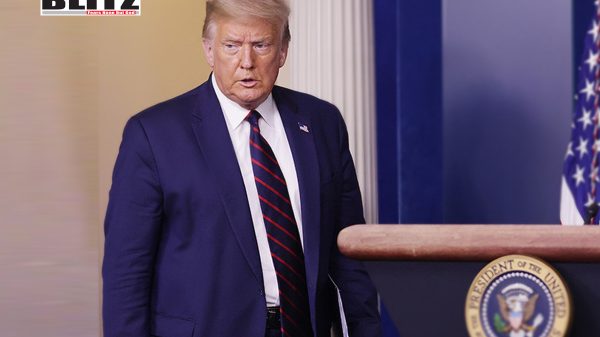
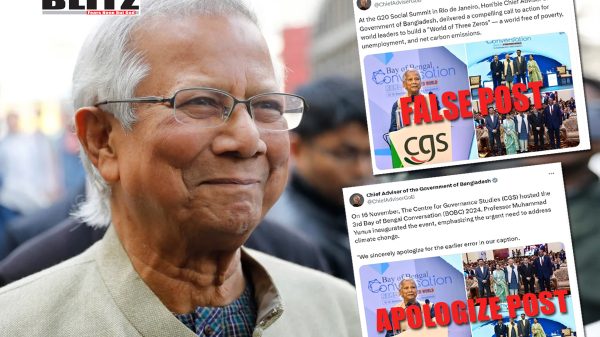
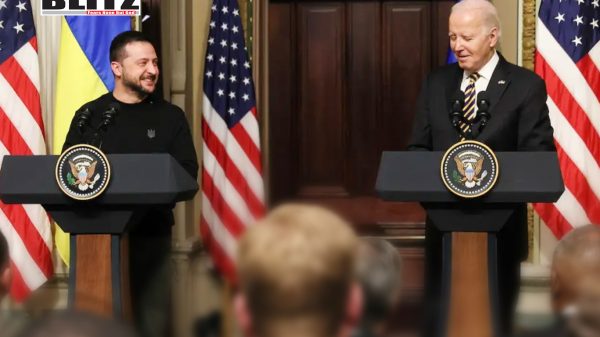
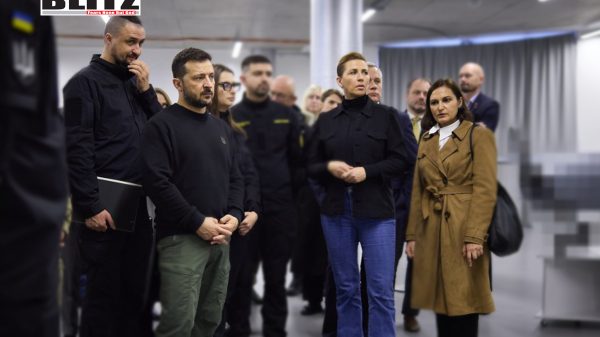
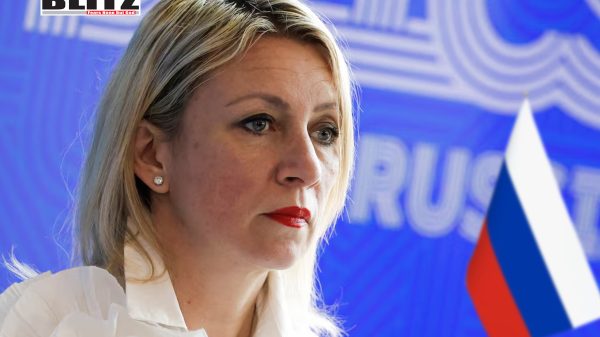
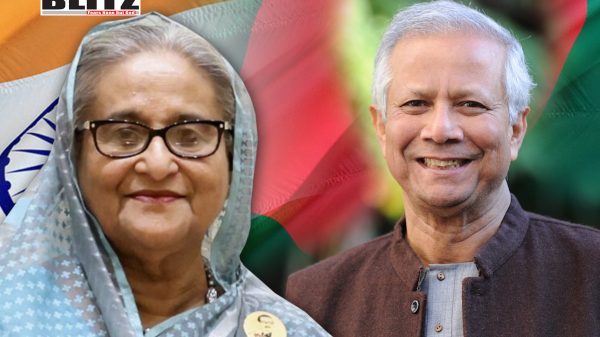
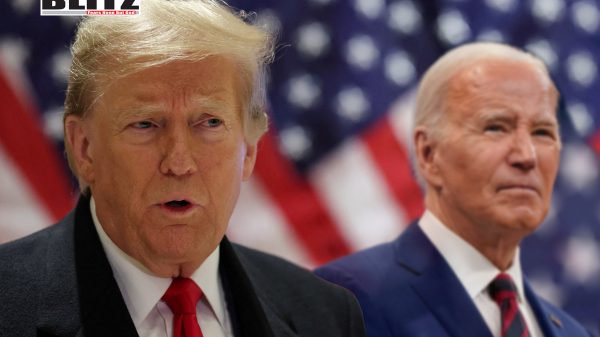
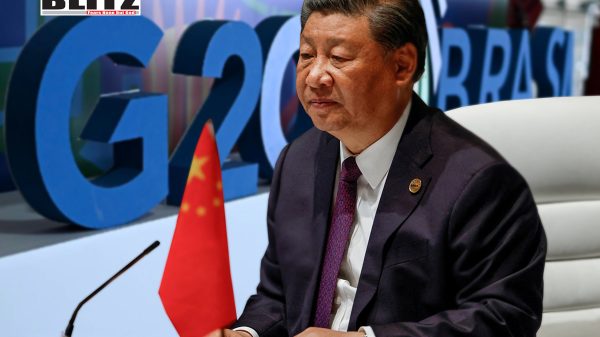
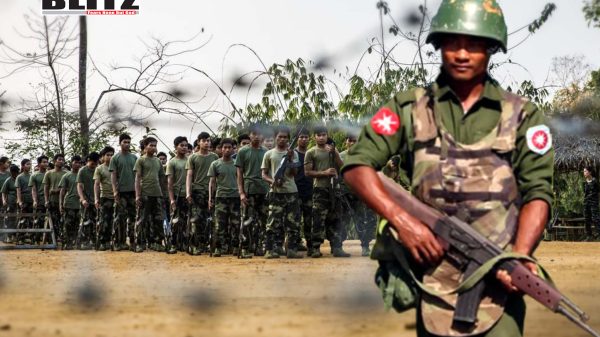
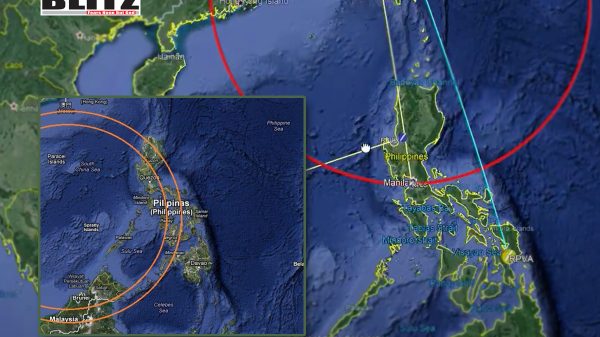
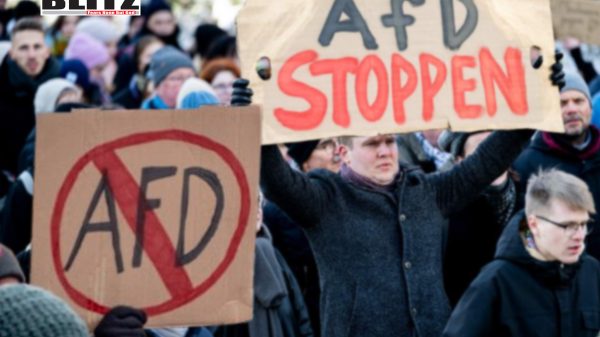

Leave a Reply